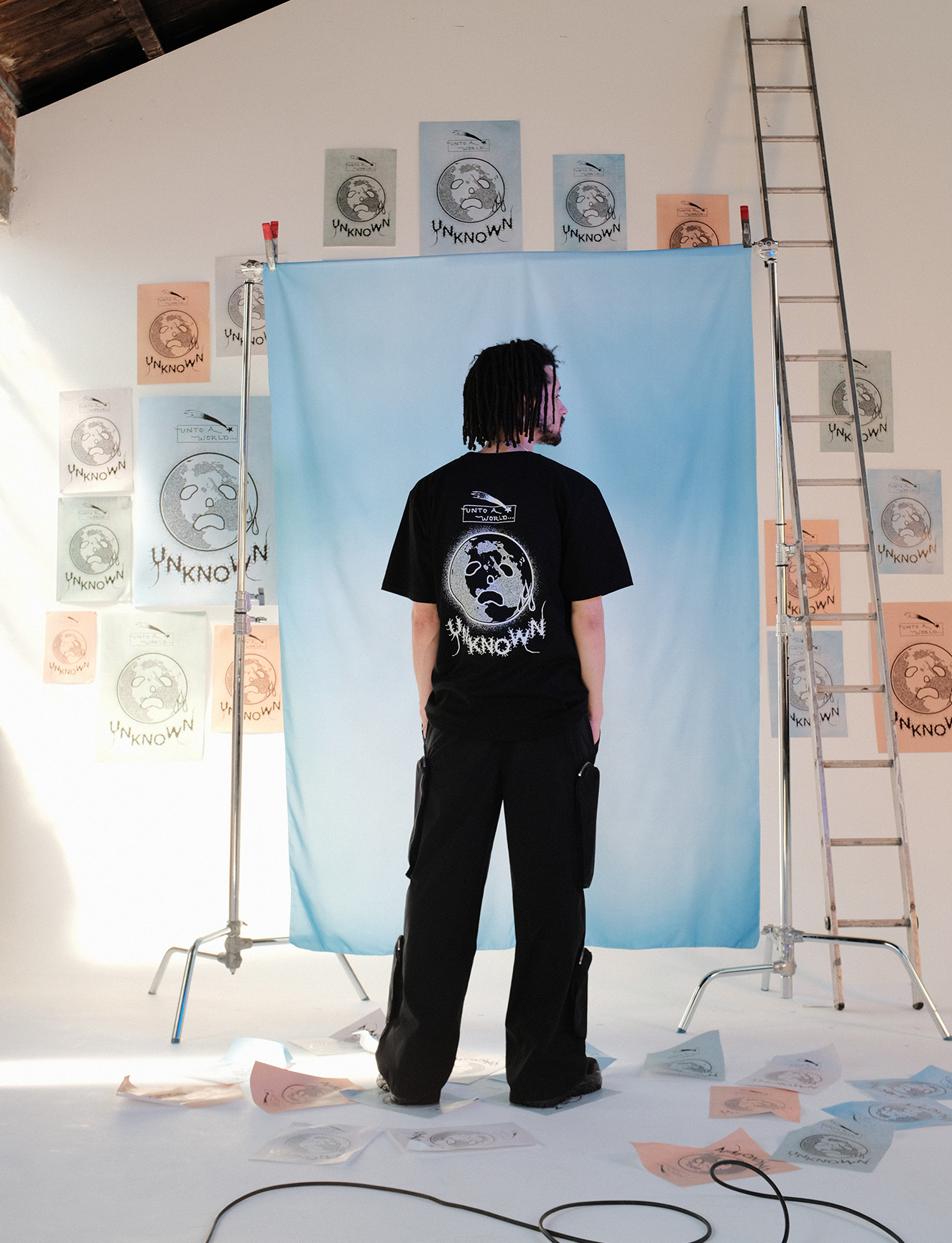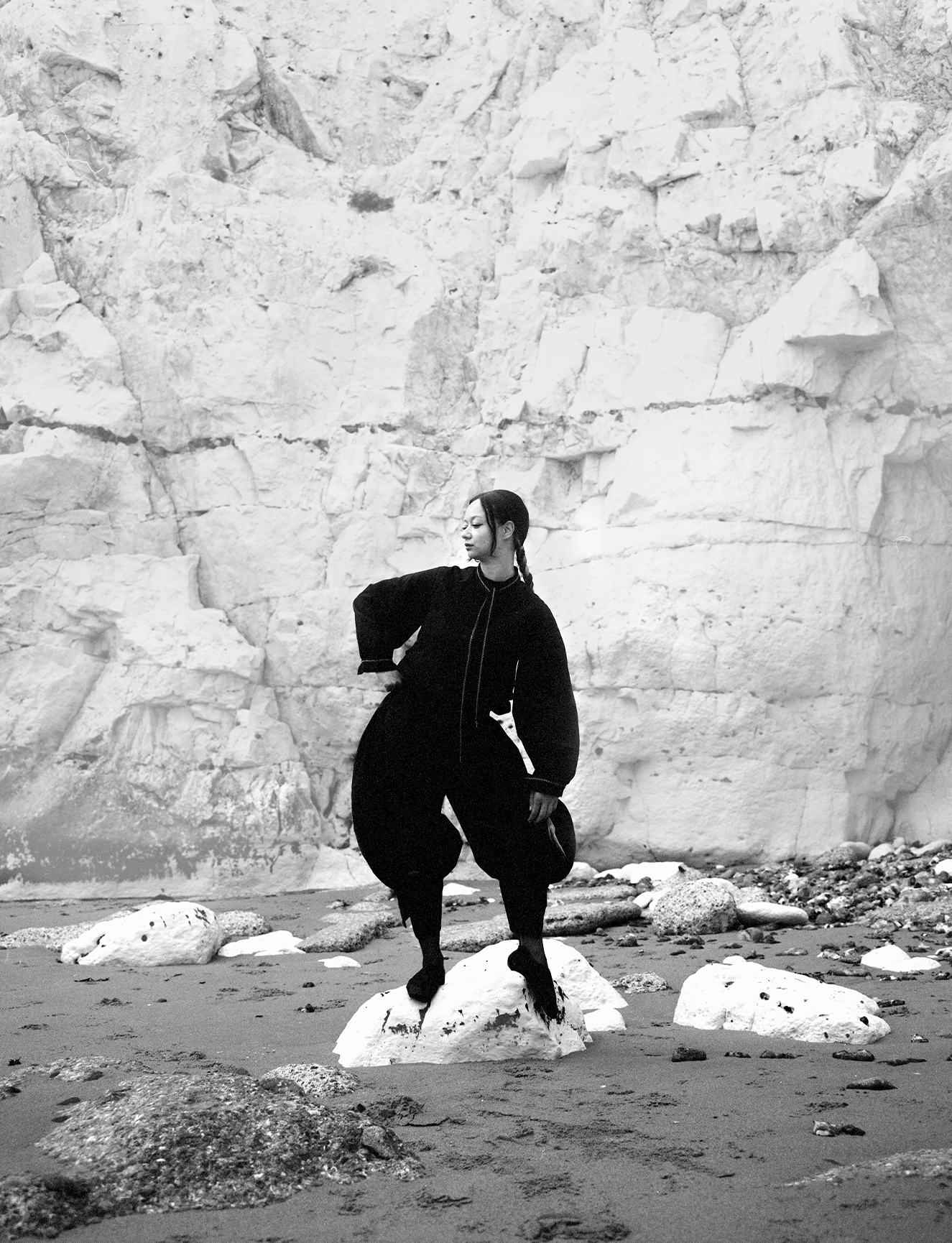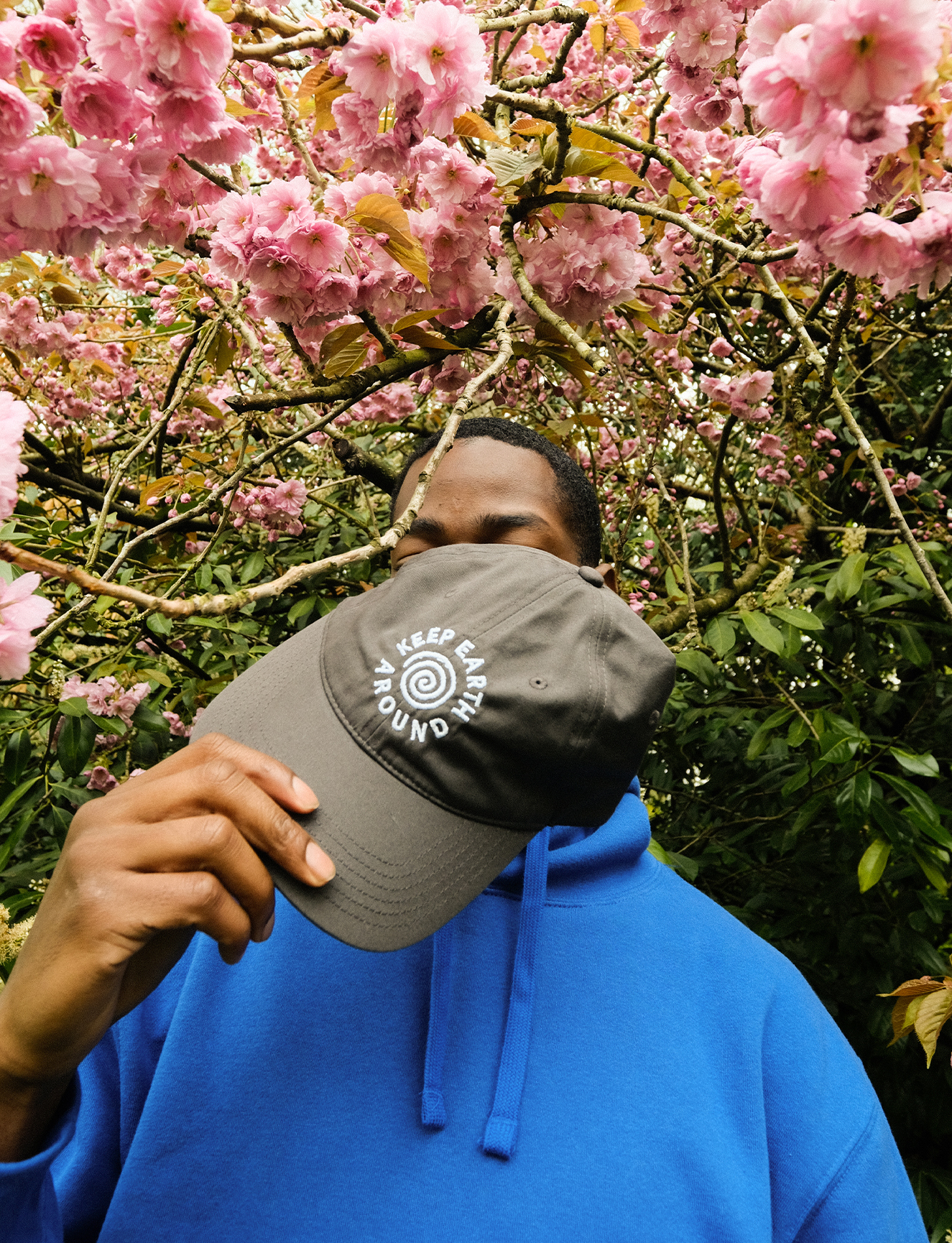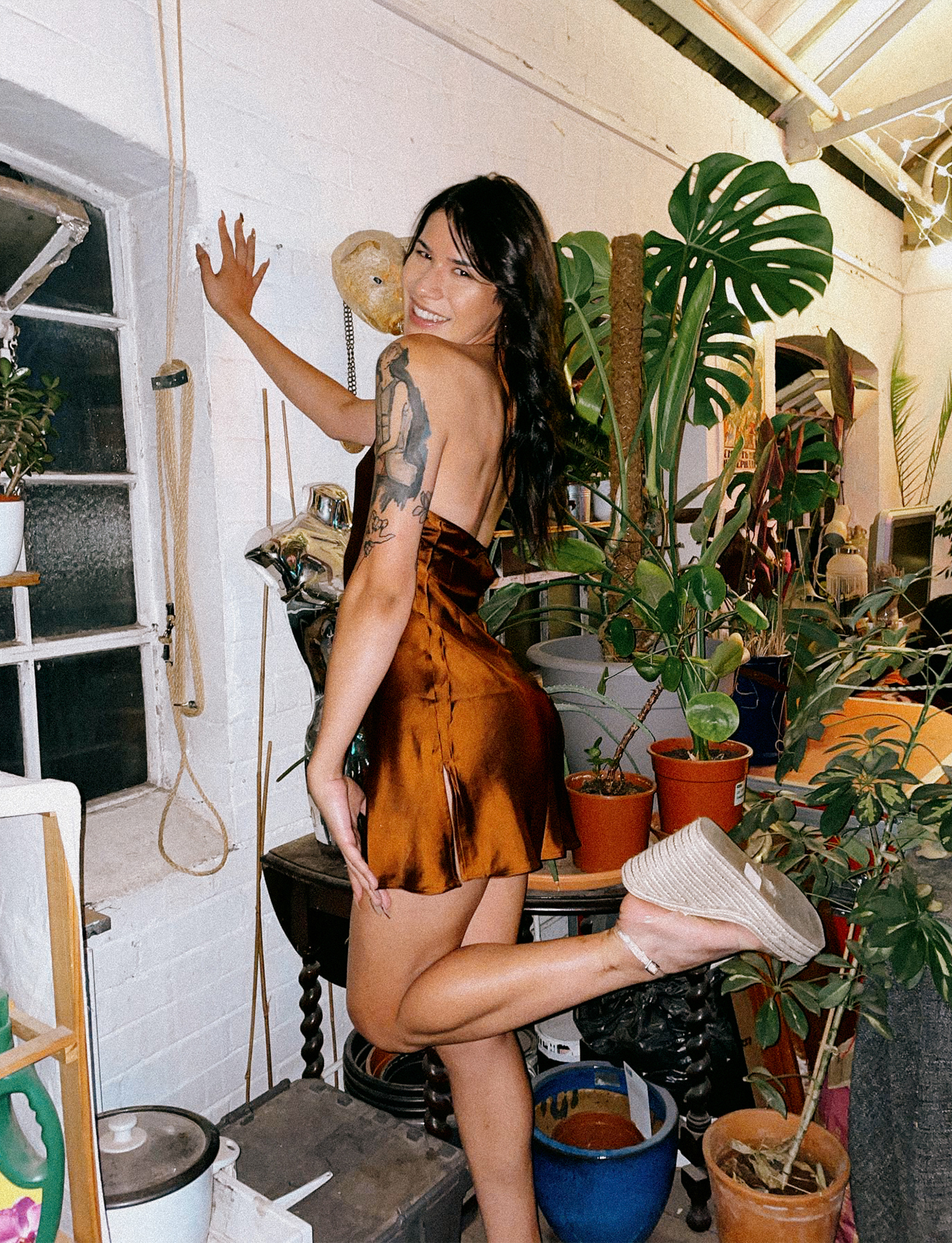DANIEL ZENDER
“It took me a really long time to realise that I don’t have to be defined by one thing. I can just be an artist who makes stuff and explore where that takes me.”
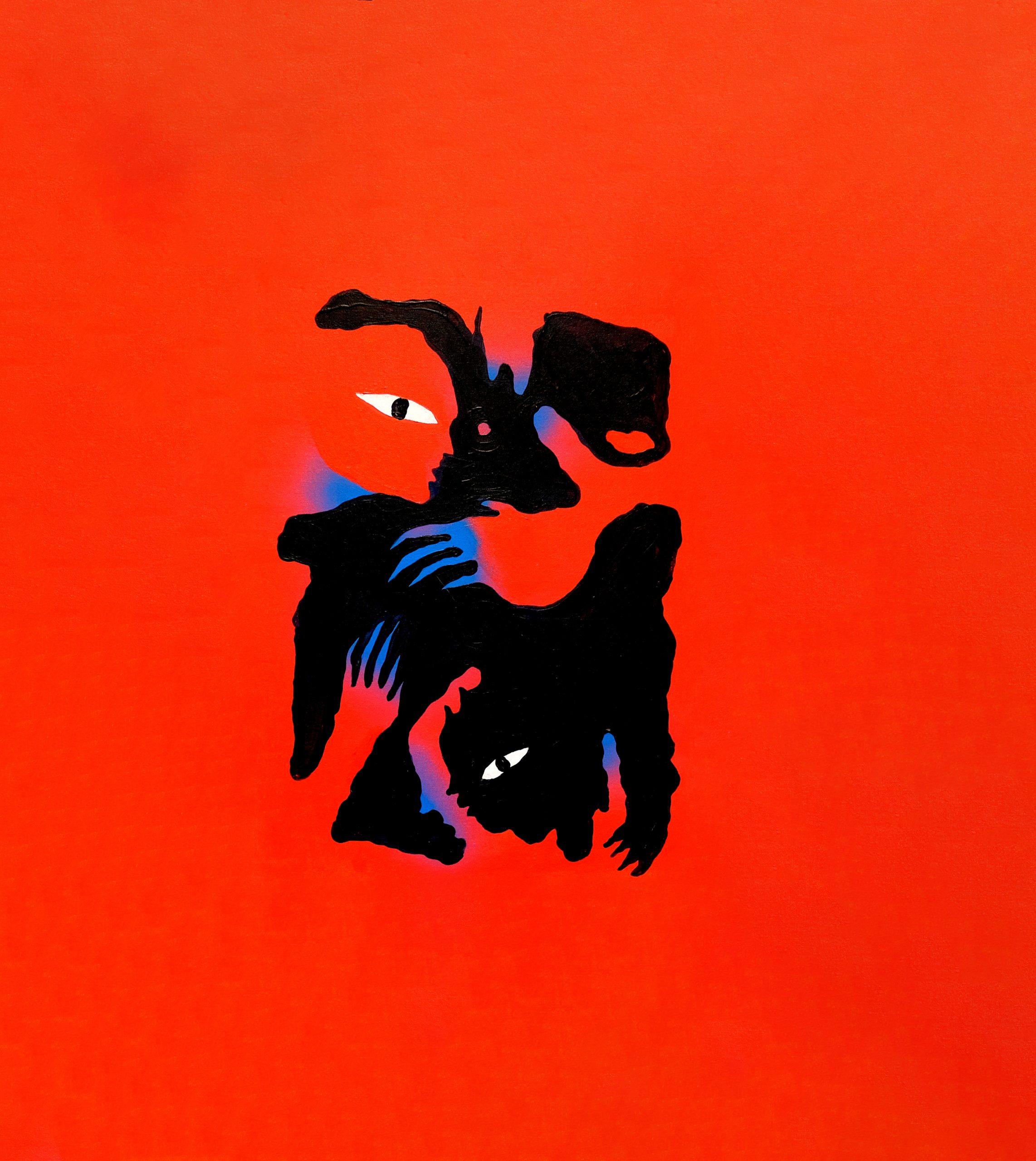
The Brooklyn-based artist Daniel Zender’s work evades easy categorisation. With an output that spans printed T-shirts, embroidery, papier-mâché sculptures, illustrations and paintings, Zender works across mediums and takes all manner of things as his canvas.
“It’s kind of hard to say how I arrived at my current practice, because it’s always evolving,” says the 36 year old artist. “In general I try to think of my practice as everything artistic that I do.”

I let intuition guide me
From Missouri originally, Zender holds an MFA from New York’s School of Visual Arts. When it comes to seeking inspiration, he tries to avoid falling into the trap of scrolling the internet, instead looking to the physical realm – “used book stores, flea markets, graffiti on the streets, folk art.”
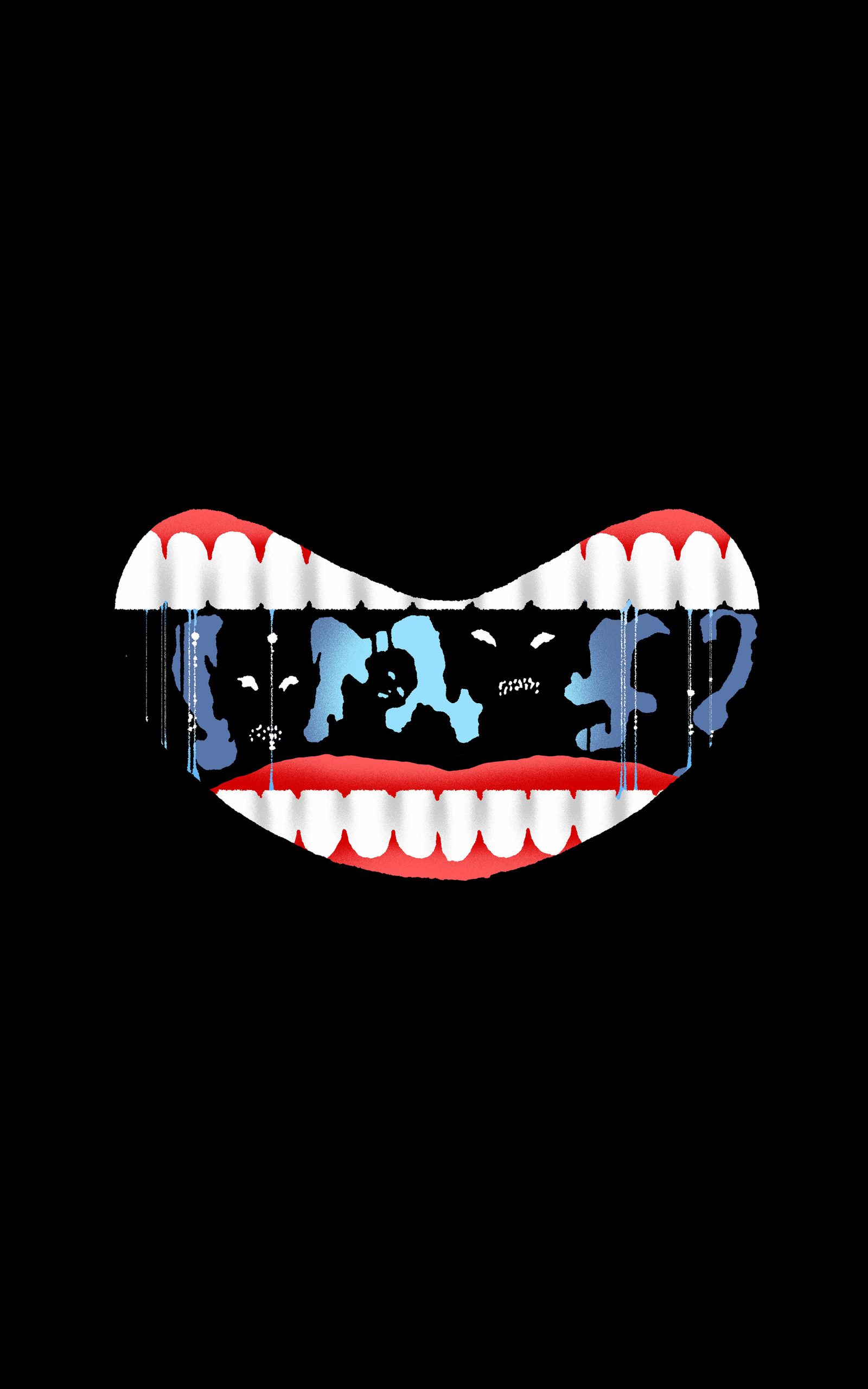
Over a career that’s spanned more than a decade, Zender has honed his artistic intuition: “I used to beat myself up over the time spent on a piece and if it could be done differently or better,” he says. “Now I have become so good at knowing when something is not working, generally it’s when I am not having fun anymore.”
“If my work isn’t exciting to make or feels like a chore, it’s going to feel boring for whoever is looking at it.”

STEWART ARMSTRONG
“I’m mostly self taught and I’ve learnt a lot very quickly during the first few years of working in the creative industry. I’m still learning now.”
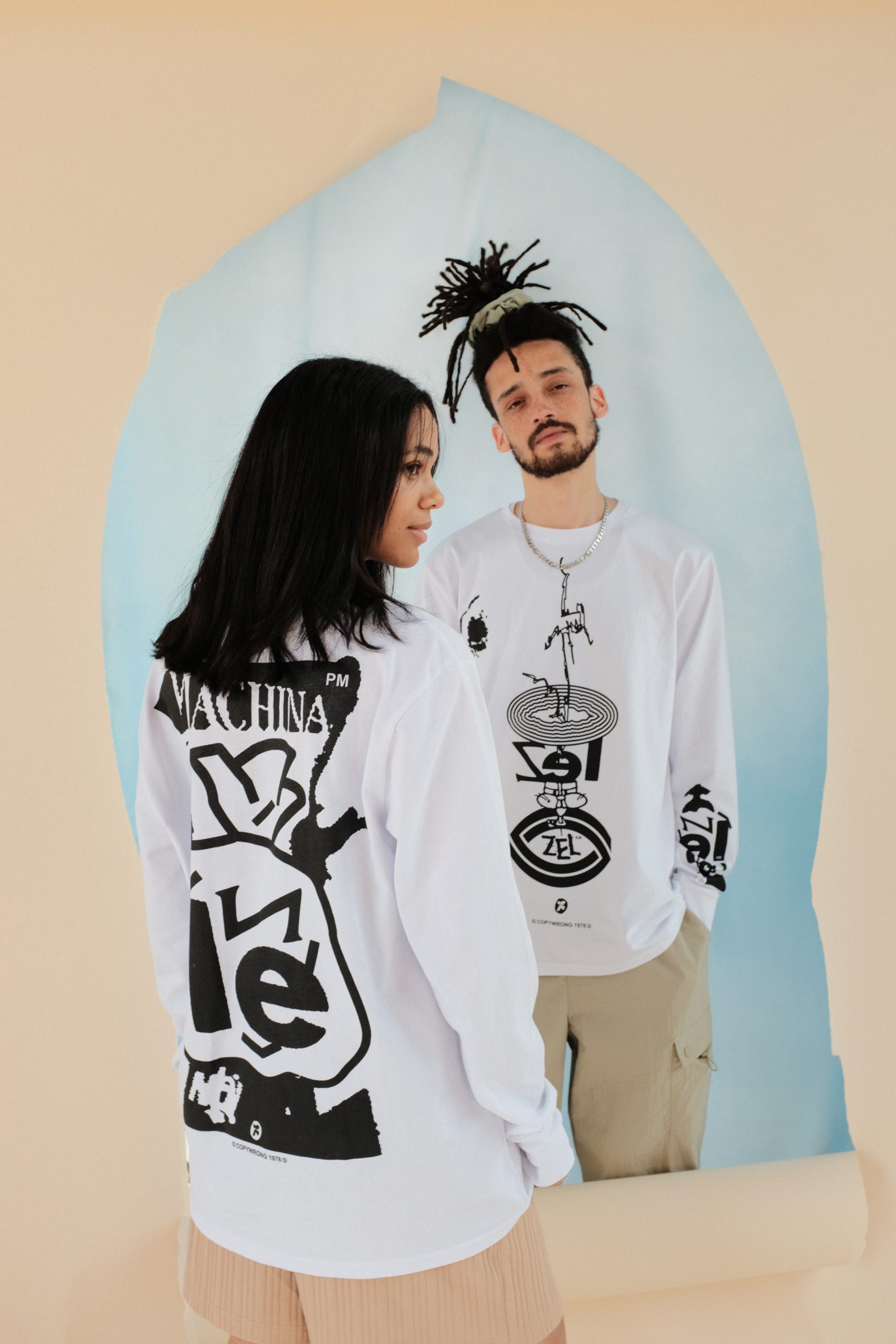
Aside from a very brief stint in education, Stewart Armstrong is entirely self-taught; that the designer failed both an art foundation course and a graphic design HND programme is testament to the fact that sometimes you have to go your own way.
Now based in Edinburgh, Armstrong started out as a graphic designer at a local agency in West Sussex, where he grew up, before a friend helped him secure a job in the art department of record label Warner in London.
I don’t often throw in the towel
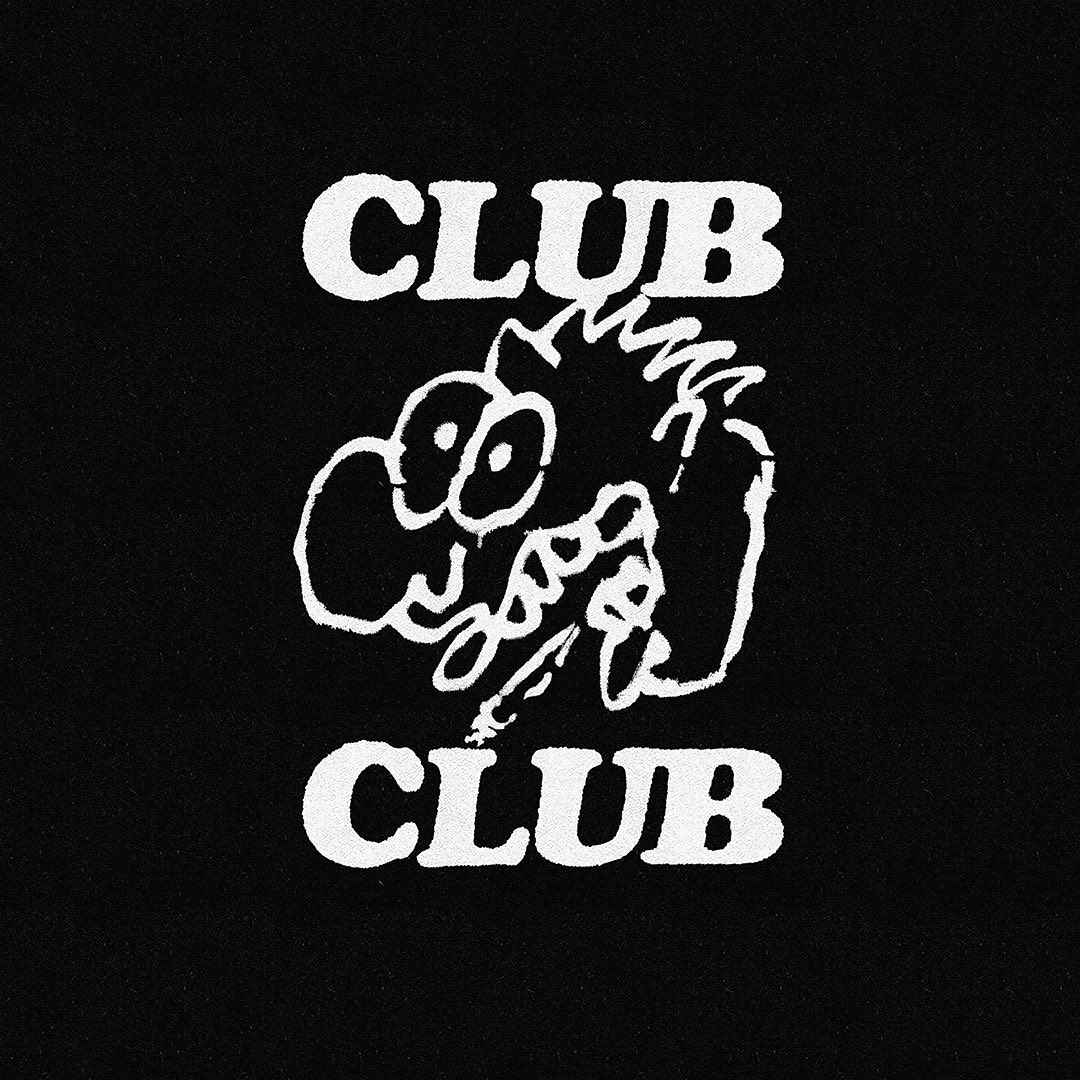
Five years spent designing record covers and posters, adapting artwork, and doing anything and everything music marketing related stood Armstrong in good stead to set up his own studio, and this industry-informed approach reads in his practice today.
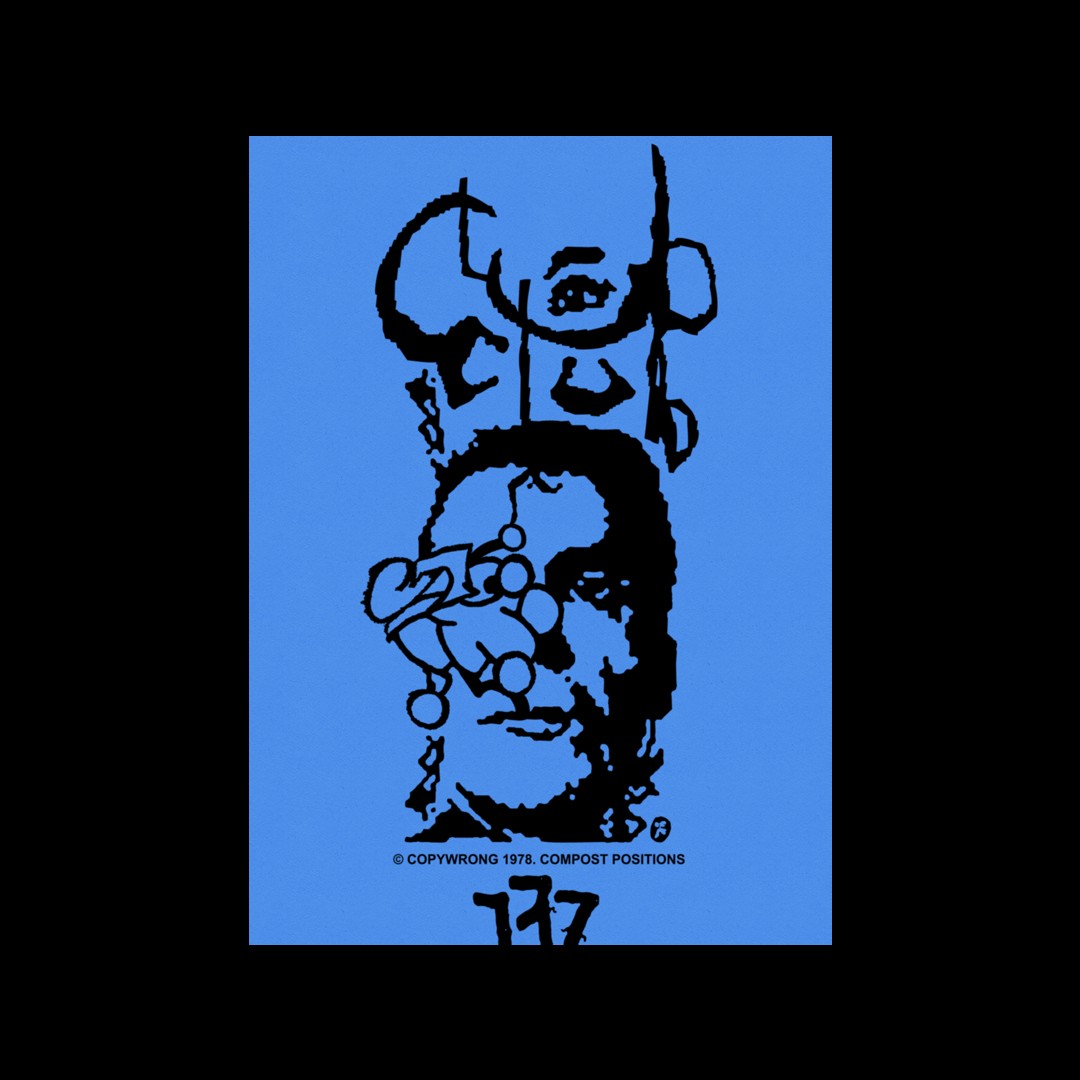
“I really like working with clients and I really enjoy collaborating, asking for input and feedback can help to finalise a process,” he says. “I’m not sure I would describe myself as an artist, I think of myself more as a graphic designer who sometimes solves graphic design briefs in an illustrative or ‘arty’ way.”
“I feel like I’m now getting away with designing more of the things that I wanted to when I was eight or nine years old!”

Gina Guasch
“I was born into a family of artists, so I always knew I wanted to be involved in the creative world. What I didn’t know was whether I wanted to be an artist.”

From a family of artists, Barcelona-based Gina Guasch always knew they’d do something creative. Their formative love of pop artists like Andy Warhol and Jeff Koons proved a gateway to design, over fine art, a path they formalised through their time at Barcelona’s BAU College of Arts and Design.
After years spent working in-house at different studios, and building up their freelance client roster, in 2019 Guasch launched their own queer design studio. GGT foregrounds an inclusive, LGBTQ+ vision of what design can be: “I wanted to show my vision of design, and hire queer people,” they say.

My inspiration comes from underground figures
Guasch, who is 29 years old, likes to work instinctively. “I am not a big fan of giving something too many revisions,” they say. “If the workflow of a project is too long, it can be difficult to keep a clear vision of what you want to do. That’s why we like to work with timings that allow us to create limits.”

And GGT continues to champion the queer community: “For this year’s pride celebration we have released an in-house flyer from the studio, with all the names of queer folks that have inspired us. Our idea is to release a different one each year.”
“I need anything I’ve worked on to generate feelings in me. For me, this is essential if it’s going to be able to generate emotion in anyone else.”
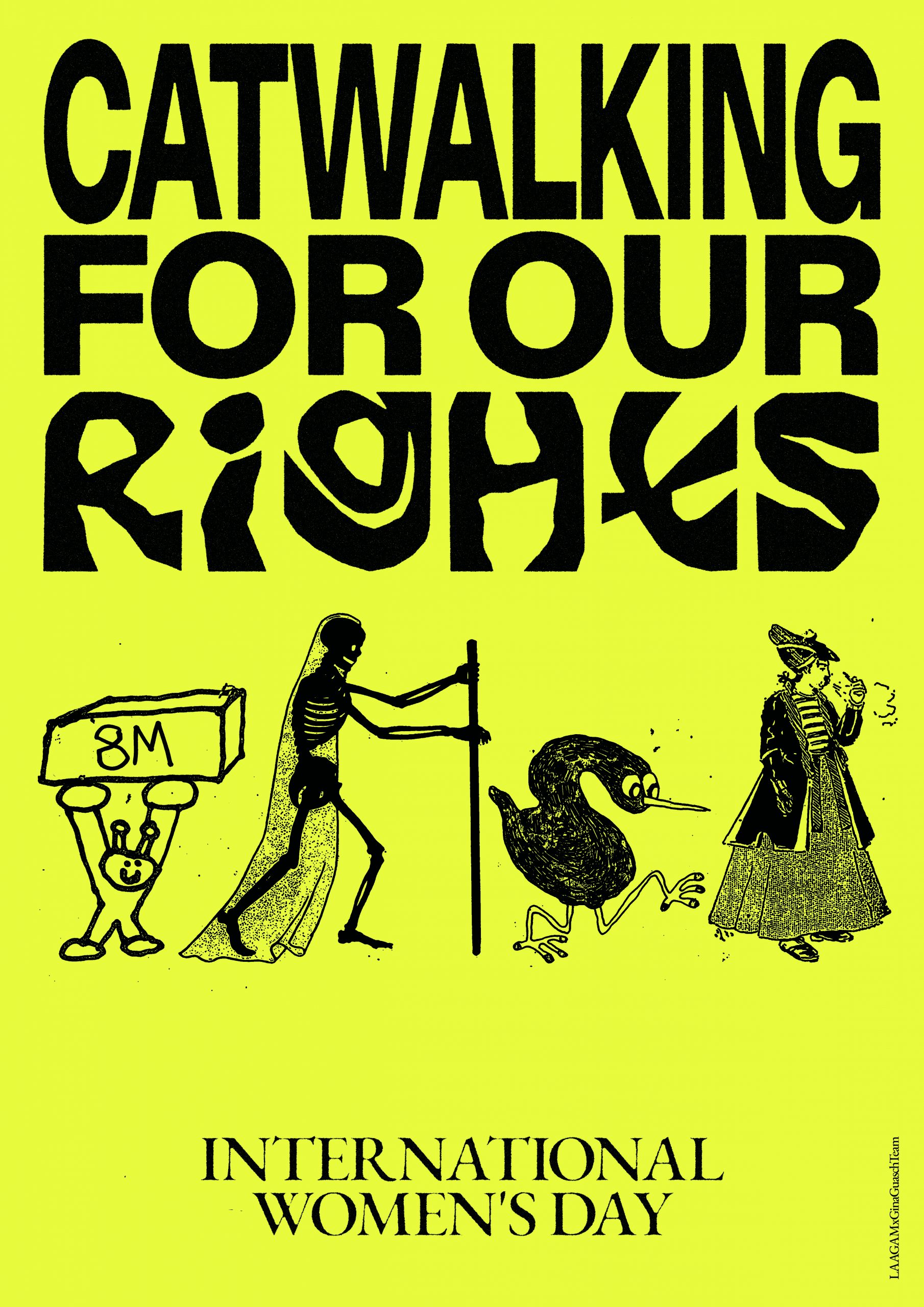
BOBBY ENGVALL
“I just always said yes to things. I still do work for free if it sounds fun to me.”
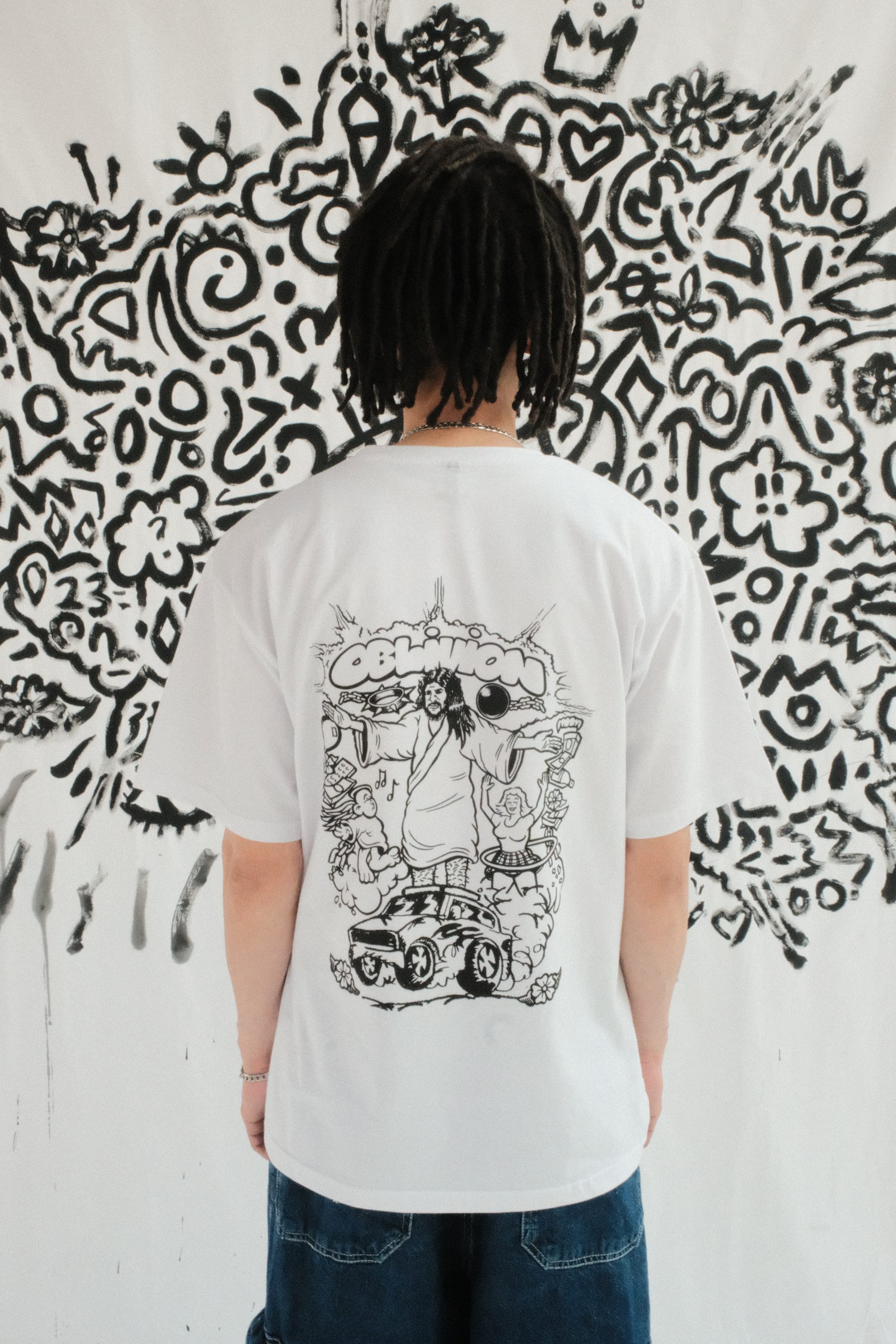
Bobby Engvall found his calling early on: “I found out when I was 13 that you could design T-shirts for a living,” he says. “When I discovered that, I thought, ‘Why would you do anything else?’”
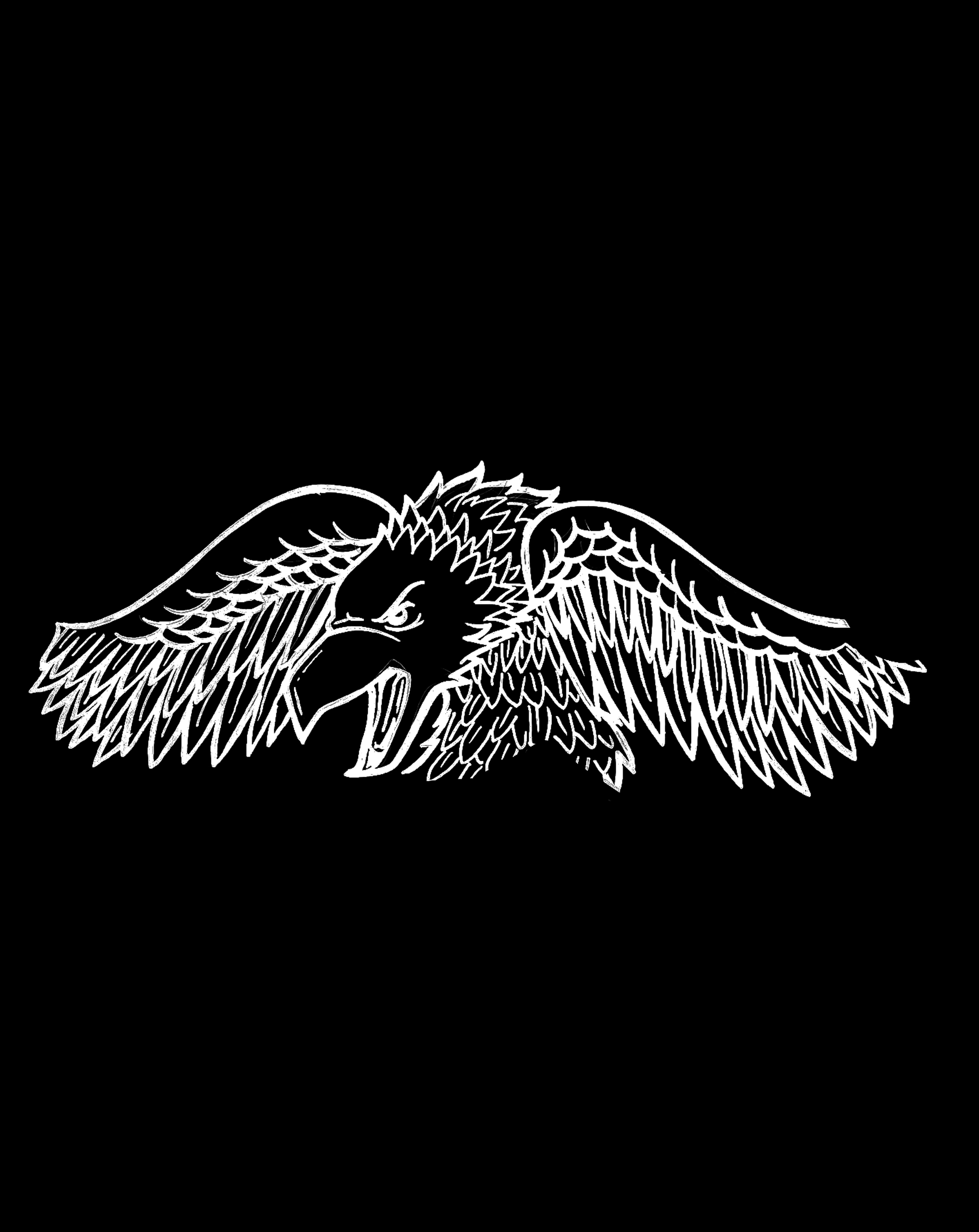
Engvall went on to study at The School of Visual Arts in New York, and credits taking a serendipitous career path. “My progression to what I do now was all over the place, but I’ve tried to be as focused as possible. I’ve worked a lot of jobs in and out of design,” he says.
My friends are a big source of inspiration
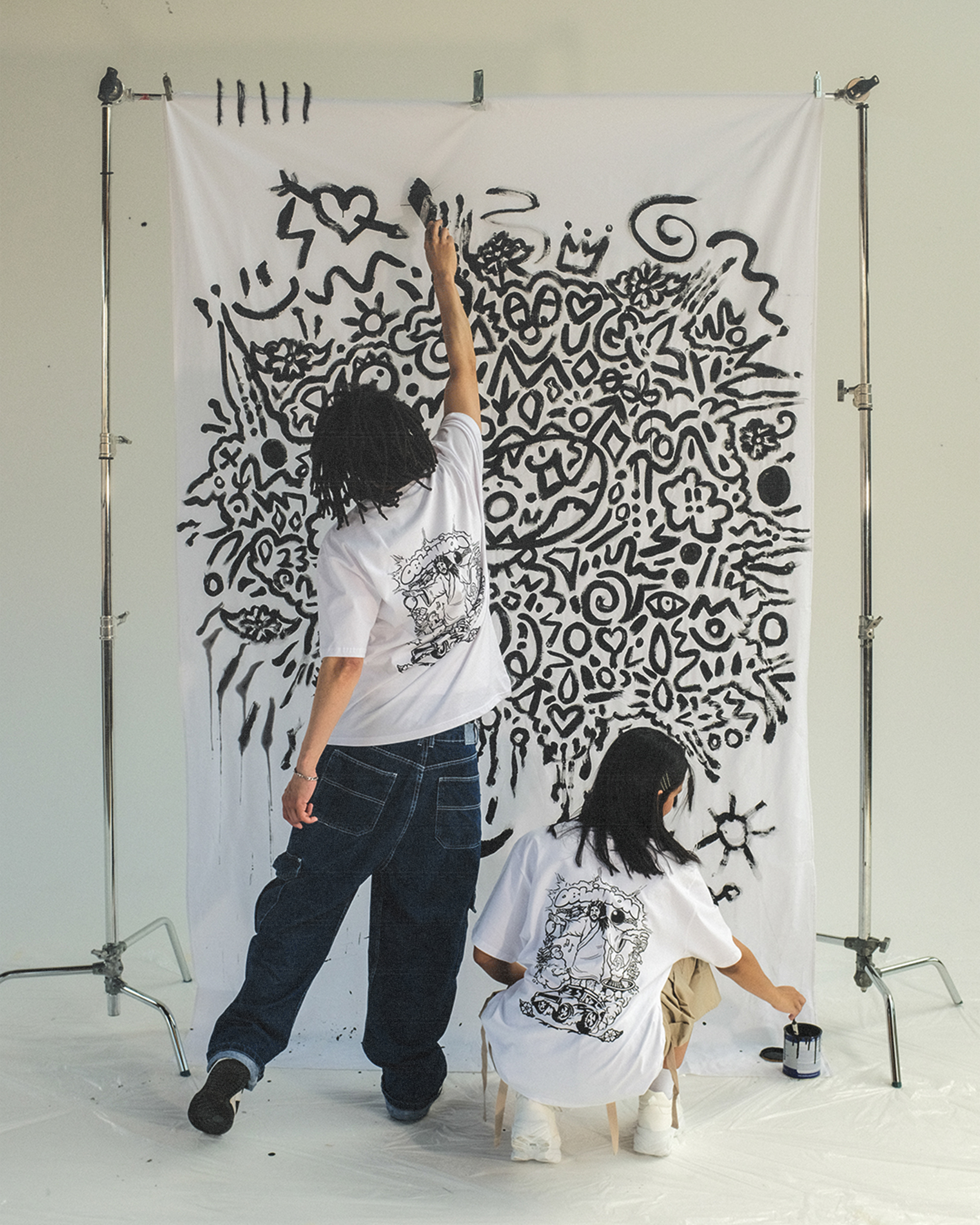
The 30 year old’s scattergun approach, and skate culture-influenced aesthetic, paid off. Today the designer, who grew up in Connecticut, counts Marc Jacobs, Palace, Nike and Converse among his clients.
Not unlike his career trajectory, Engvall likes to let his instincts guide him when it comes to any of his pieces. And he has a finely-tuned sense of when it’s time to stop: “I know it’s finished when I start to make it worse.”
“When you start forcing anything, it’s time to give up on whatever you’re doing.”
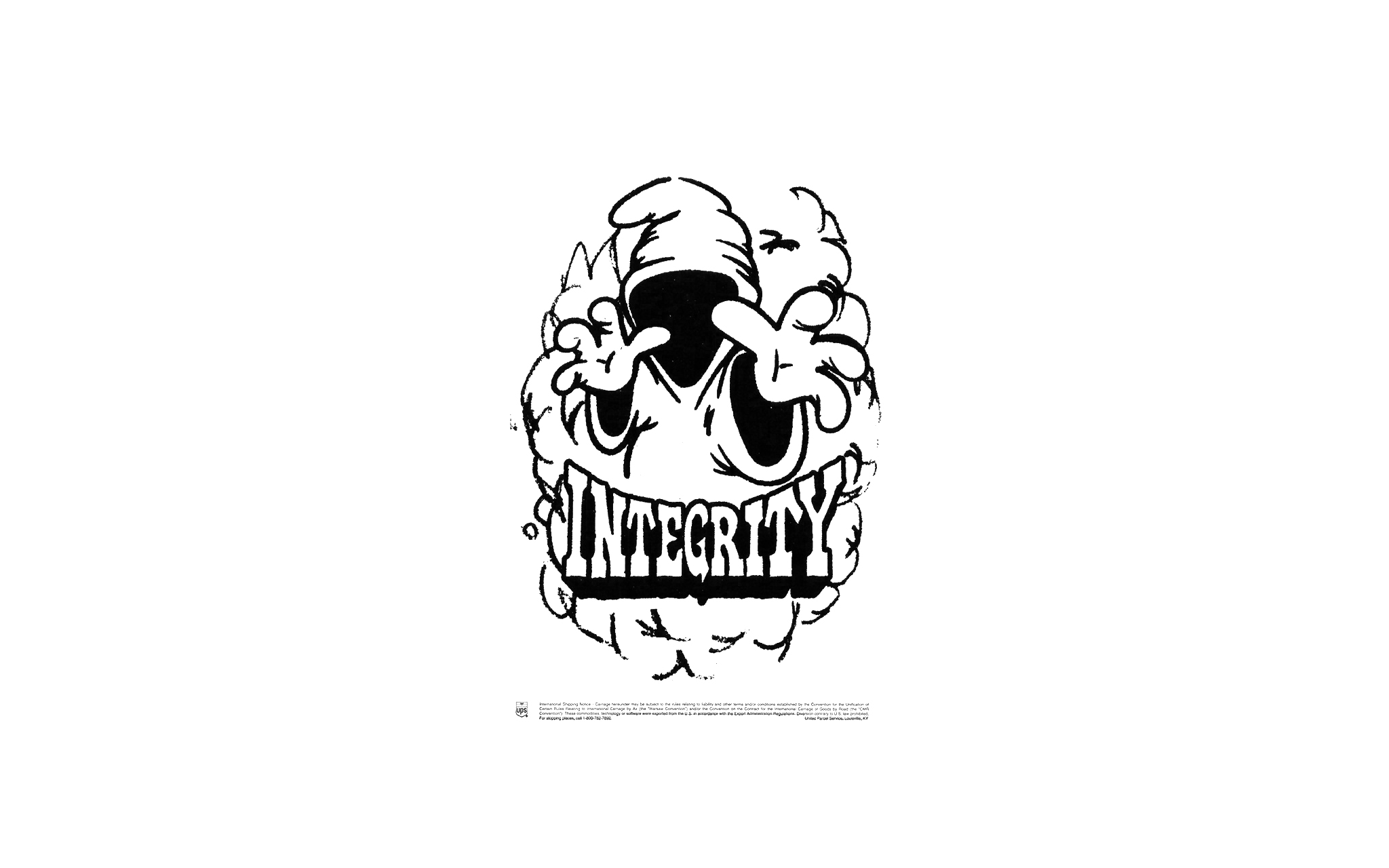
Original Image Credits: Shot by Aria Shamar, Art Direction by Nicola Gaea, Set Designed by Kate Sutton, Lighting by Myles Bailey, Styled by Simone Laporte, Modelled by Fale Neubert & Denny Teapapi
Read More: What We Learned At Everpress Meets: Part One



